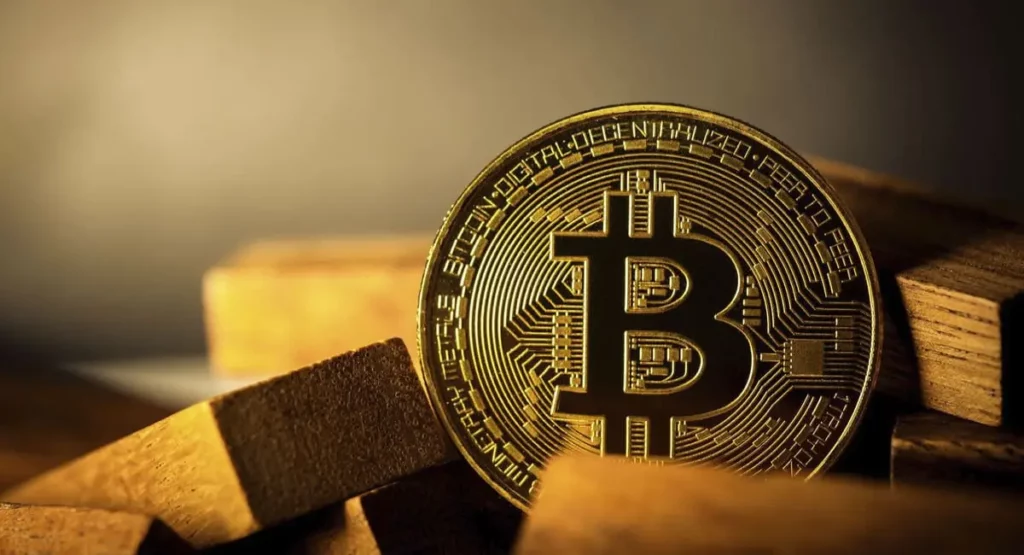No products in the cart.
Blog
Facts About Bitcoin BTC: Understanding The Cryptocurrency Elite
Bitcoin, often abbreviated as BTC, has taken the world by storm since its inception in 2009. As a decentralized digital currency, it has disrupted traditional financial systems and captured the imagination of investors worldwide. In this article, we will delve into some fascinating facts about Bitcoin BTC, separating myths from truths and shedding light on this revolutionary cryptocurrency.
Bitcoin (BTC) is a decentralized digital currency, often referred to as a cryptocurrency, that operates on a peer-to-peer network without the need for a central authority or government control. It enables secure, transparent, and irreversible transactions through cryptographic techniques and is known for its limited supply of 21 million coins.
Bitcoin emerged in 2008

The fact about Bitcoin BTC that often surprises people is its origin. Bitcoin emerged in 2008, following the financial crisis, as a response to the shortcomings of the traditional financial system.
The enigmatic Satoshi Nakamoto, a pseudonymous individual or group, laid out a vision for a decentralized digital currency that operated without intermediaries like banks or governments.
Bitcoin’s decentralized nature means that transactions are validated by a public ledger, known as the blockchain, which anyone can store on their computer. This revolutionary concept aimed to provide financial freedom and challenge the existing financial order.
Satoshi Nakamoto

The name Satoshi Nakamoto has been associated with Bitcoin’s inception. However, it is widely acknowledged that “Satoshi Nakamoto” is a pseudonym, concealing the true identity of the visionary behind this cryptocurrency revolution.
Satoshi Nakamoto has attained legendary status in the world of cryptocurrency due to their pioneering work. Various individuals, including figures like Craig Wright, Nick Szabo, and Dorian Satoshi, have made claims to be involved in Bitcoin’s creation.
Yet, the veil of mystery surrounding its origins remains intact, as no concrete evidence has emerged to substantiate any of these claims.
$98 Million: Largest Bitcoin Transaction
The record-setting $98 million Bitcoin transaction underscores the cryptocurrency’s ability to facilitate large-scale value transfers globally. Bitcoin transactions are borderless and operate on a decentralized network, making them attractive for high-net-worth individuals and institutions seeking efficient cross-border transactions.
The relatively low fees associated with such transactions compared to traditional banking systems further contribute to Bitcoin’s appeal for moving significant sums of value securely and swiftly.
No Established Value Or Set Price

Unlike traditional currencies, such as the US dollar, which have a fixed value, Bitcoin operates on an entirely different premise. Bitcoin was designed to be a decentralized digital currency, free from the influence of central banks or governments.
This fundamental distinction opens up a world of limitless possibilities in the realm of digital finance.
The absence of centralized control means that Bitcoin’s value is not tethered to conventional economic factors like inflation rates or government policies.
Instead, its value is determined by 2 key factors: the total supply of Bitcoin and the real demand for it. The interplay between these elements is what ultimately shapes Bitcoin’s valuation.
In essence, the price of Bitcoin hinges on what people are willing to exchange for it, whether it be goods, services, or other currencies. This dynamic nature is at the core of Bitcoin’s appeal, offering a unique and innovative approach to value and financial transactions.
Story Of 10,000 First Bitcoins For A Pizza

The value of Bitcoin remained uncertain until a historic event occurred on May 22, 2010, forever known as “Bitcoin Pizza Day.” On this day, an individual made a tangible purchase using Bitcoin by buying a pizza. This milestone marked the first real-world transaction with the digital currency.
However, it took some time for mainstream businesses to embrace Bitcoin as a means of payment. One notable example is when Laszlo Hanyecz exchanged a staggering 10,000 Bitcoins for Papa John’s pizzas, becoming one of the early adopters of Bitcoin in commerce.
21 Million: The Ultimate Cap

Bitcoin’s limited supply of 21 million coins distinguishes it from traditional fiat currencies. This scarcity is inherent to Bitcoin’s code and is designed to combat inflation, echoing the principles of precious metals like gold. As the number of mined bitcoins approaches 21 million, the reward for miners decreases, promoting scarcity and potentially increasing the value of existing bitcoins.
10 Minutes: Block Time
The 10-minute block time is a key element of Bitcoin’s decentralized and secure nature. This fixed interval ensures that new transactions are added to the blockchain consistently, preventing double-spending and maintaining the integrity of the ledger.
Miners race to solve complex mathematical problems in this timeframe, and the first to succeed adds a new block. This regularity and competition contribute to the robustness of the Bitcoin network.
Not Able To Trace Bitcoin Transactions

While traditional bank or online transactions leave a clear and traceable digital footprint, Bitcoin transactions offer a distinct level of privacy and anonymity. Bitcoin holders can conduct transactions discreetly, shielded from prying eyes.
The key to Bitcoin’s privacy lies in its blockchain, which records transactions in a manner that conceals user identities. These transactions are pseudonymous rather than anonymous, as they are linked to unique addresses but not directly to individuals.
Lose Passcode Or Private Key – Lose Everything Invested

Losing your Bitcoin private key equates to losing access to your entire Bitcoin holdings, making it a critical and irreversible setback.
A notable case illustrating this is a British IT worker named James Howells, who inadvertently misplaced his hard disk containing the private key to 7,500 Bitcoins. The unfortunate incident occurred while he was cleaning in 2010.
Without the private key, there is no way to recover the attached Bitcoin funds, rendering them inaccessible and effectively lost. As of now, those 7,500 BTC are valued at an astonishing $336 million, underlining the magnitude of such losses.
James Howells’ predicament has reached such an extent that he has offered a substantial reward of $70 million to the local city dump in the UK, where the hard drive is believed to have ended up, in a desperate attempt to retrieve the private key.
A Whale In Bitcoin – A Cryptocurrency Term Of Value

In the world of cryptocurrency, the term “whale” has nothing to do with marine mammals. Instead, it refers to individuals or entities holding substantial quantities of Bitcoin, making them “whale holders.”
These whale Bitcoin users possess significant cryptocurrency wealth, often amassing large amounts of value within the digital asset.
Able To Acquire Bitcoin Through An ATM Or Bank Machine
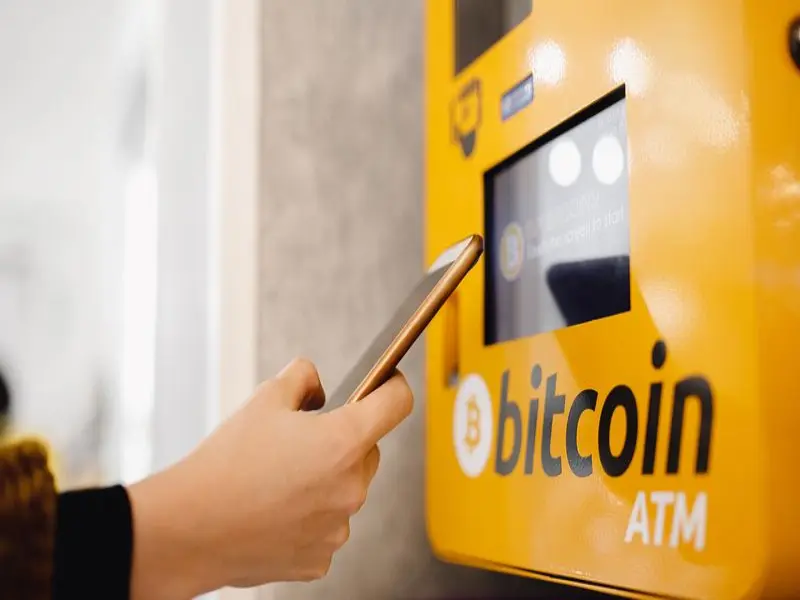
Surprisingly, not everyone is aware of how easily Bitcoin can be purchased. Today, even individuals with no prior cryptocurrency knowledge or experience can invest in Bitcoin, thanks to the widespread availability of Bitcoin ATMs, which number around 10,000 worldwide.
These Bitcoin-accessible ATMs, often referred to as BATMs, offer a straightforward way for anyone to connect to a Bitcoin exchange. They allow users to buy and sell Bitcoin conveniently, using either cash or a credit card.
About 10% Of Inactive Bitcoin Assets For Over 10 Years

The world of Bitcoin accounts features a substantial number of inactive holdings, collectively valued at approximately $29 billion. Astonishingly, more than 60% of Bitcoins have remained untouched, lacking any activity as the data evolves.
In essence, about 10% of Bitcoin’s total supply has remained dormant for over a decade, comprising roughly 1.8 million Bitcoin accounts trapped within inactive addresses.
More Developing And Mining Bitcoin, More Electricity
The electricity consumption associated with Bitcoin mining is closely tied to the functioning of blockchains. Blockchains are the foundational technology that ensures the security and integrity of digital currencies. Essentially, they operate as open-source databases distributed across a network of computers.
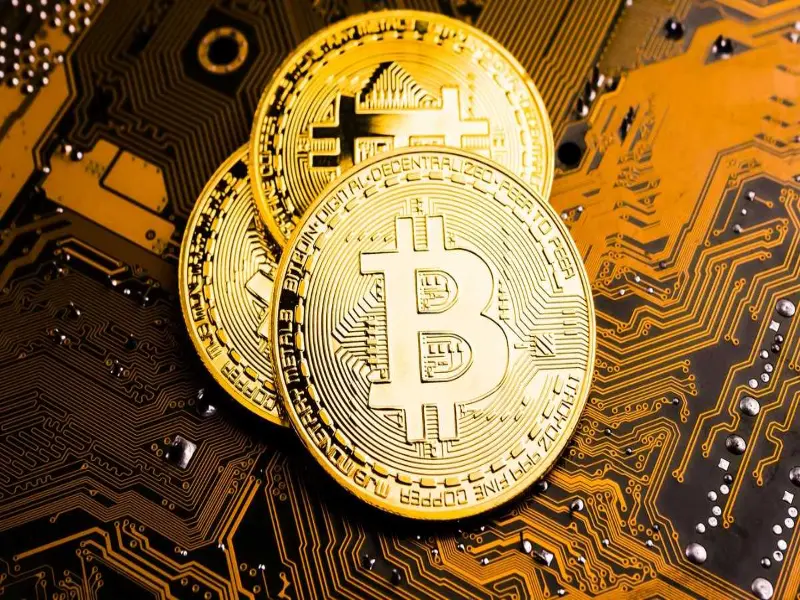
In essence, the computational power of a system directly impacts the mining capacity for Bitcoin. This, in turn, raises concerns about electricity consumption among Bitcoin miners who aim to expand their cryptocurrency holdings.
In a broader perspective, the collective electricity consumption of the entire Bitcoin network is truly staggering. Estimates suggest that the energy required for Bitcoin mining surpasses the total electricity usage of the Republic of Ireland.
This startling revelation underscores the environmental implications and energy demands associated with the ongoing process of mining Bitcoin, prompting discussions about the sustainability of cryptocurrency ecosystems.
The Person Who Owns Up To 140,000 Bitcoins (BTC)
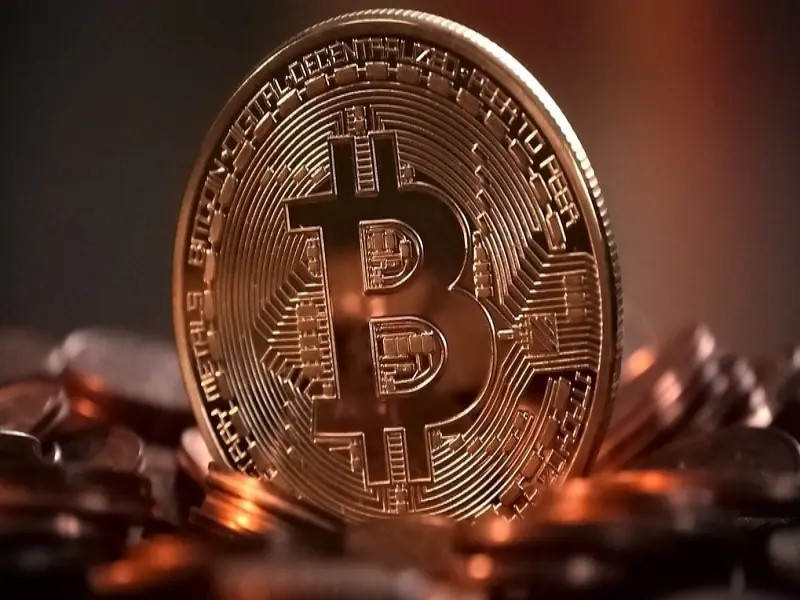
The intriguing possibility is that Satoshi Nakamoto, Bitcoin’s enigmatic creator, may hold the most Bitcoin. Satoshi likely amassed a substantial Bitcoin fortune through early mining activities, possibly exceeding one million Bitcoin.
In the corporate sphere, several public companies, such as Tesla and MicroStrategy, have made substantial Bitcoin investments, gaining widespread attention. Among private companies, Block.one, a Chinese corporation, stands out as the leading holder of Bitcoin, with an ownership stake of approximately 140,000 Bitcoin.
Create Up To New 900 Daily Bitcoin
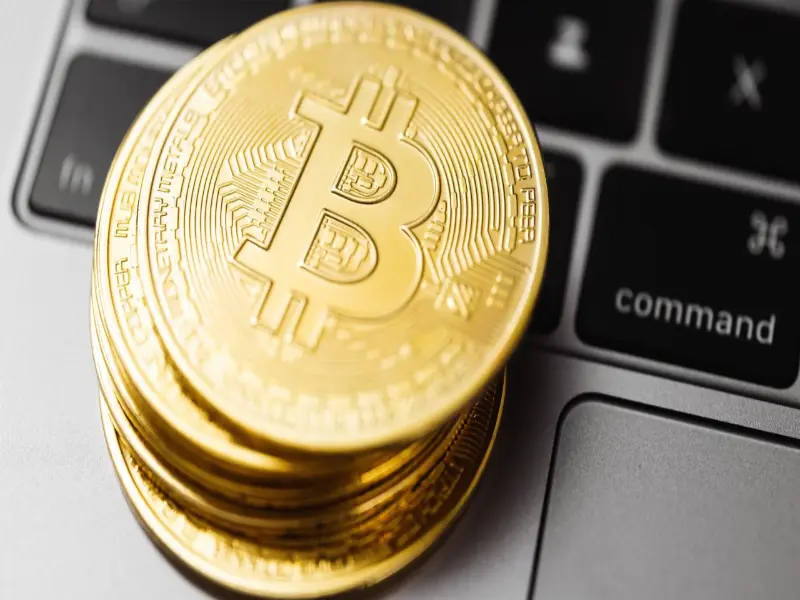
Presently, approximately 900 new Bitcoins are created every day. This figure is determined by the time required to solve the intricate algorithmic puzzles integral to the mining process.
This continuous generation of new Bitcoins is essential to the cryptocurrency’s functioning, as miners are rewarded with these freshly minted coins for securing the network and validating transactions.
However, the process is not without its complexities, which we will delve into further in our discussion of the time it takes to mine a single Bitcoin.
Halving: Every 4 Years

Bitcoin’s halving event occurs roughly every four years, reducing the reward miners receive for validating transactions by 50%. This mechanism controls the rate at which new bitcoins are introduced, mimicking the scarcity and increasing difficulty of mining as the total supply approaches its cap.
The 2020 halving, for instance, had a notable impact on Bitcoin’s price, fueling discussions on its role in shaping the cryptocurrency’s market dynamics.
88.69%: Bitcoin’s Dominance in the Crypto Market

Bitcoin’s market dominance, consistently above 88.69%, signifies its enduring prominence in the cryptocurrency market. This metric compares Bitcoin’s market capitalization to the total market capitalization of all cryptocurrencies.
A high dominance percentage indicates that Bitcoin holds a substantial share of the overall cryptocurrency market, reinforcing its position as the flagship cryptocurrency. Bitcoin’s dominance is a key indicator of market sentiment, influencing investment strategies and serving as a barometer for the broader health of the cryptocurrency ecosystem.
Over 100 Blocks For Daily Yields and Competitive Realities

Curiosity about daily Bitcoin mining yields is common among cryptocurrency enthusiasts. To put it in perspective, it takes approximately ten minutes to mine a new Bitcoin block, resulting in the generation of 144 blocks each day.
Each of these blocks currently rewards miners with 6.25 Bitcoins, equating to around 900 new Bitcoins mined daily.
However, it’s crucial to temper expectations. The competition for mining blocks is fierce, involving thousands of miners, not just individuals but also powerful collectives known as “mining pools.”
In these pools, computational resources are combined, and the resulting rewards are distributed among participants, making it a highly competitive endeavor.
Conclusion
In conclusion, Bitcoin BTC is one of the most groundbreaking financial innovations of the last 2 decades. Its decentralized nature, mysterious origins, and potential for substantial gains have captivated investors worldwide.
As the cryptocurrency landscape continues to evolve, Bitcoin remains a dominant force, shaping the future of finance with its unique blend of technology and economics.
Whether you are a seasoned investor or new to the world of cryptocurrencies, understanding these facts about Bitcoin is essential in navigating this exciting and dynamic space.


